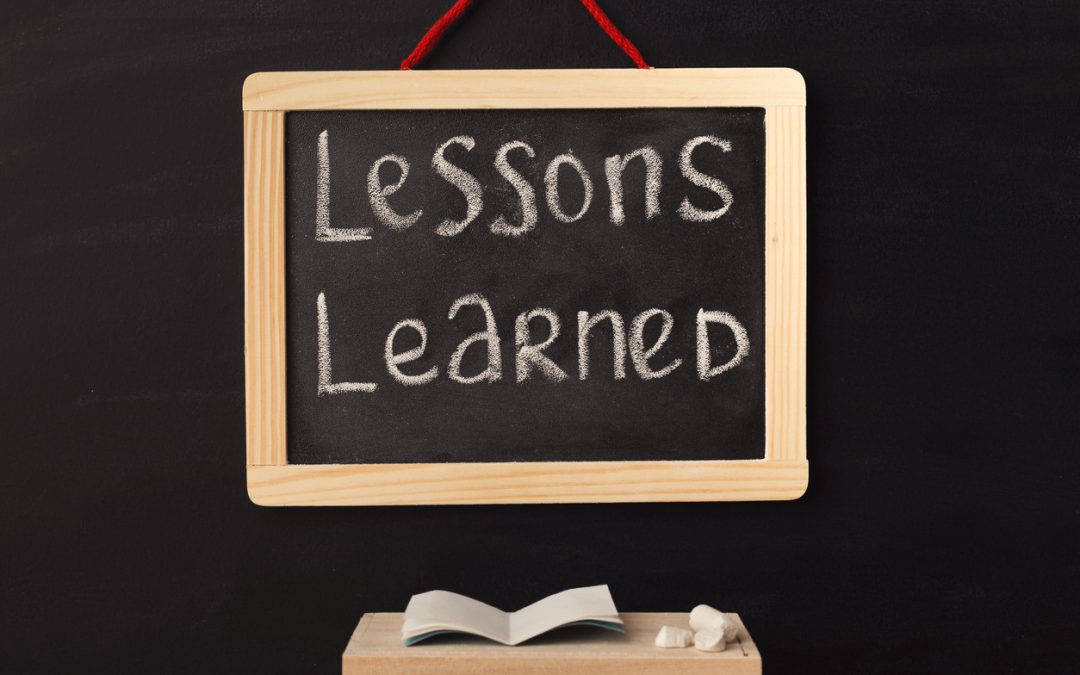The well-publicized and over-analyzed Will Smith/Chris Rock incident at the Oscars offers us a powerful teaching moment. While not a domestic situation, the implications are highly relevant for those of us who are working to stop our acts of domestic violence. And, there are good lessons for everyone else wanting to understand why domestic abuse happens and how to prevent it.
Lessons for those of us who have caused harm
First, let’s start with the messages available for those working to change harmful behavior.
Lesson 1: Making fun of someone is not okay because it hurts others by damaging their self-esteem.
Many people will overlook Chris Rock’s joke, but we shouldn’t. Jada Smith is sensitive about her hair because of a medical condition. I’m not sure if Chris knew this or not, but either way, his joke was in poor taste. Words cause harm and therefore can be abusive.
Lesson 2: By acting violently or in other inappropriate ways, we remove attention from the original offense.
Had Will Smith responded differently, there would be nowhere for Chris to hide. The same holds true for us in our relationships. If our partner says or does something hurtful or inappropriate, acting violently or escalating the situation just covers their offense. Maintaining our self-control, not retaliation, is the most effective way to draw attention to another’s wrongdoing.
Lesson 3: Plan how you can respond well when you find yourself in a difficult situation.
What can you do if someone offends or disrespects you? Thinking through and practicing that response helps you respond better when you face challenging circumstances. The more you envision yourself acting appropriately in tough situations, the more likely you are to pull it off in the moment.
What if Will Smith talked to Chris Rock after the show and simply told him how his joke affected his wife? Maybe he could have asked him to apologize to her. Or, he could have encouraged his wife to have the same direct yet non-aggressive conversation with Chris. Either would have been more likely to achieve the outcome the Smiths’ wanted.
Lesson 4: The source of our bad behavior is deep and and it takes time and effort to change.
The cocktail of experiences that created the thoughts which generated the emotions and drove Will Smith’s actions are complex. It will take him time and determination to unpack the skewed beliefs, distorted thinking, and buried traumas that were behind his reaction. This work is essential, however, if he is to be confident that he won’t repeat his mistake.
Lessons for everyone to better understand domestic abuse
If you’re not someone who has caused harm in your intimate relationships, the incident still holds great insight into the cause and cure for domestic violence.
Lesson 1: The line between victim and perpetrator is often unclear.
If we just look at physical violence and ignore hurtful words, it’s easy to identify the victim and villain. We know, however, that verbal and emotional abuse often hurts more and lasts longer than physical acts. This dynamic happens in so many relationships—one says incredibly hurtful things, the other counters with their own cruel words or violence. Mutual abuse is real and, when it occurs, both parties need to address their part.
Lesson 2: Losing emotional control and behaving poorly is a reaction, not a decision.
Will Smith’s conduct was a classic amygdala hijack, where the brain has perceived a threat, then initiates a fight or flight reaction. He didn’t “make a poor decision” because it wasn’t a decision any more than flinching when startled is a conscious choice. It doesn’t excuse the behavior, but recognizing this truth points us to the cure. And, that remedy has nothing to do with forcing the wrongdoer to admit entitlement.
Lesson 3: People who react violently are not “bad” or evil people—they lack good emotional control.
Violence is not okay. Anyone who reacts to situations with aggression needs to take the necessary steps so they don’t repeat the offense. However, poor emotional control is the result of past traumas and hurts—often ones from childhood. Rather than condemning people for carrying this baggage, we need to help them heal from it.
Lesson 4: People, including rich and famous men, don’t “get away with” violence.
Anyone who thinks Will Smith got away without consequences for his actions is not walking in his shoes. Whether he is arrested or not, the damage to his reputation and relationships is immense. Plus, there will likely be significant collateral damage to his work and finances. Calls to condemn violence and toughen consequences are fighting the battle from 50 years ago, not today. Instead, we should seek understanding of the causes and pursue the cures.


I agree that society is fighting the wrong battle – trying to condemn all violence and having tougher consequences.
I think the correct battle is closer to developing an openness for men to express their emotions in non-violent ways, and an understanding of humor that crosses a lines as a form of emotional abuse.
I feel trying to get tougher consequences is like trying to close the barn door after all the cows have left.